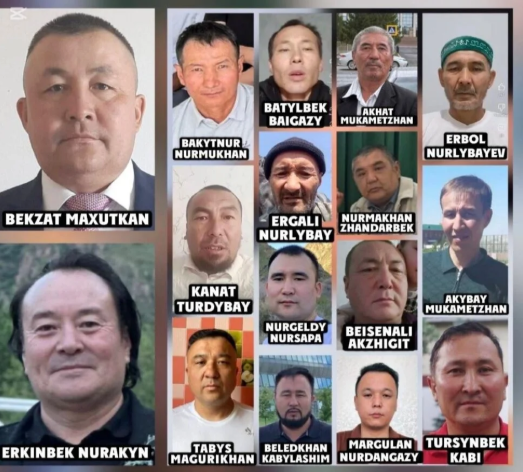The EU’s migration policies and the end of human rights in Europe
- info775148
- 13. 2. 2024
- Minut čtení: 3
Aktualizováno: 29. 2. 2024
The direction Brussels is taking on migration policies risks eroding the international legal order.
February 12, 2024

Credits @FFHR.CZ
In January, Greek Prime Minister Kiriakos Mitsotakis featured prominently at the World Economic Forum in Davos. Among the various topics, he was asked to comment on was migration. “Greece has probably managed the migration problem better than most other European countries,” he said confidently in an interview with CNN’s Richard Quest on the sidelines of the forum. “We won a resounding victory [in the elections] partly because we succeeded in managing the migration through a tough but fair migration policy.”
But this “tough but fair migration policy” resulted in the death of more than 500 people, including 100 children, in a single incident of a migrant boat sinking off the Greek coast near Pylos on June 14. The Greek coastguard has been accused of causing what is considered one of the worst maritime disasters in the Mediterranean by attempting to tow the boat to Italian territorial waters.
The Greek authorities have denied responsibility and instead arrested nine of the survivors, blaming them for causing the shipwreck. As Mitsotakis headed for Davos, the investigation was closed and handed to the prosecution, after requests by the survivors’ lawyers to consider important evidence in their defence were rejected.
The injustice and shocking disregard for human life in this story are not an aberration, but the culmination of a policy of systematic denial of protection and violation of the rights of refugees. And they are also reflected in the new migration pact the European Union has just concluded.
The tragic stories of death at European borders and the lack of action on them indicate the direction in which Europe is headed, united under a far-right “law and order” flag and racist anti-migrant policies. It is towards a dark future in which human rights will could come to an end.
A racist EU migration pact
The issue of migration has always been a useful political tool and one of the cornerstones of the far right in Europe. But in the past decade, the rest of the political spectrum has also increasingly instrumentalised and gradually adopted it in a desperate attempt to improve declining electoral fortunes. As a result, European migration policies have taken a sharp turn to the right, reflecting more and more closely the far right’s racist agenda and a rhetoric of exclusion of non-Europeans.
The new “Migration Pact” of the EU is a case in point. The European Parliament and the European Council reached a provisional agreement on it five days before Christmas. Roberta Metsola, the president of the European Parliament, called it a “historic day”; human rights organisations called it a “disaster”. On February 8, EU member states approved it, and it is now pending final formal endorsement by the EU Parliament and the European Council.
The regulations that the pact will introduce will cover all stages of the asylum process: from screening asylum seekers upon arrival and collection of biometric data to rules for determining which member state is responsible for handling their applications. The provisions, which are meant to “fundamentally change how we deal with migration and asylum”, however, contain numerous gaps which allow for abuse and further strengthening of violent policies at EU borders.
Rights organisations have pointed out that the pact can usher in the detention of asylum seekers, including families with children, in prison-like facilities; lead to more violence by border authorities; and allow deportation to unsafe third countries.
It will not provide a safe and dignified path to the asylum-seeking procedure that could save lives and it will not prevent tragedies like the Pylos shipwreck from repeating. Instead, as Amnesty International notes, the new pact will result in “a surge in suffering on every step of a person’s journey to seek asylum” in Europe.
Source: aljazeera.com









Komentáře